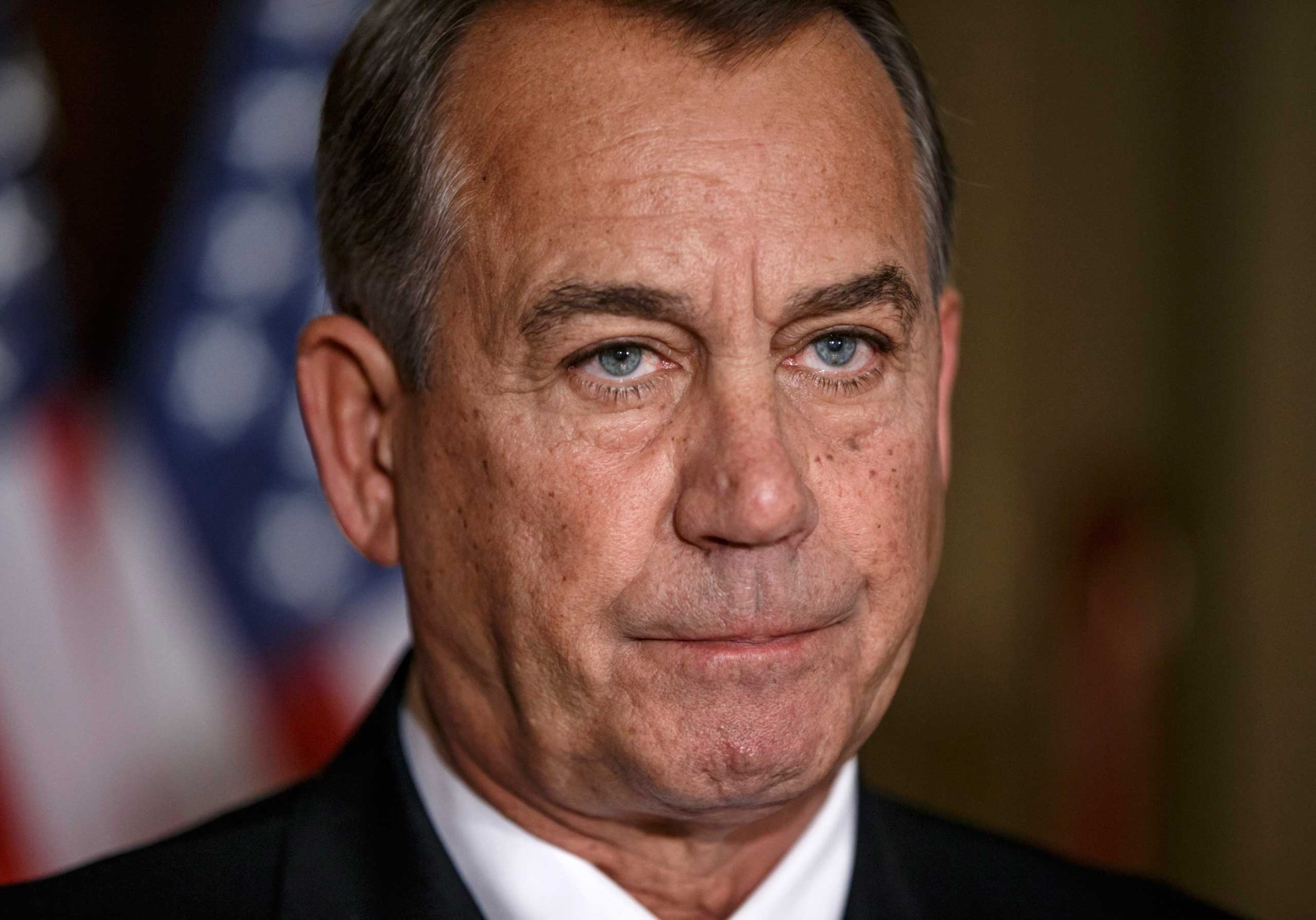
Congress introduced a massive, $1.1 trillion spending bill Tuesday night, two days before a government shutdown-inducing deadline. It covers almost all aspects of discretionary funding for the federal government, from training and equipping forces to defeat Islamic terrorists in Syria and Iraq to blocking Washington D.C.’s recent ballot measure legalizing marijuana.
Stretching 1,603 pages, the bill will fund almost everything except the Department of Homeland Security through the end of September 2015. Congress will fund DHS through Feb. 27 as Republicans protest President Obama’s executive action on immigration providing temporary deportation relief for up to five million immigrants who came to the country illegally. With that nod to conservatives, congressional appropriators on both sides of the aisle cheered the bill.
“In today’s era of slam-down politics, we were able to set aside our differences,” said Senate Appropriations Chairwoman Barbara Mikulski. “Working across the aisle and across the dome, we created compromise without capitulation.”
“This bill will allow us to fulfill our Constitutional duty to responsibly fund the federal government and avoid a shutdown,” said House Appropriations Chairman Hal Rogers.
Photos: Meet America's 10 Newest Senators


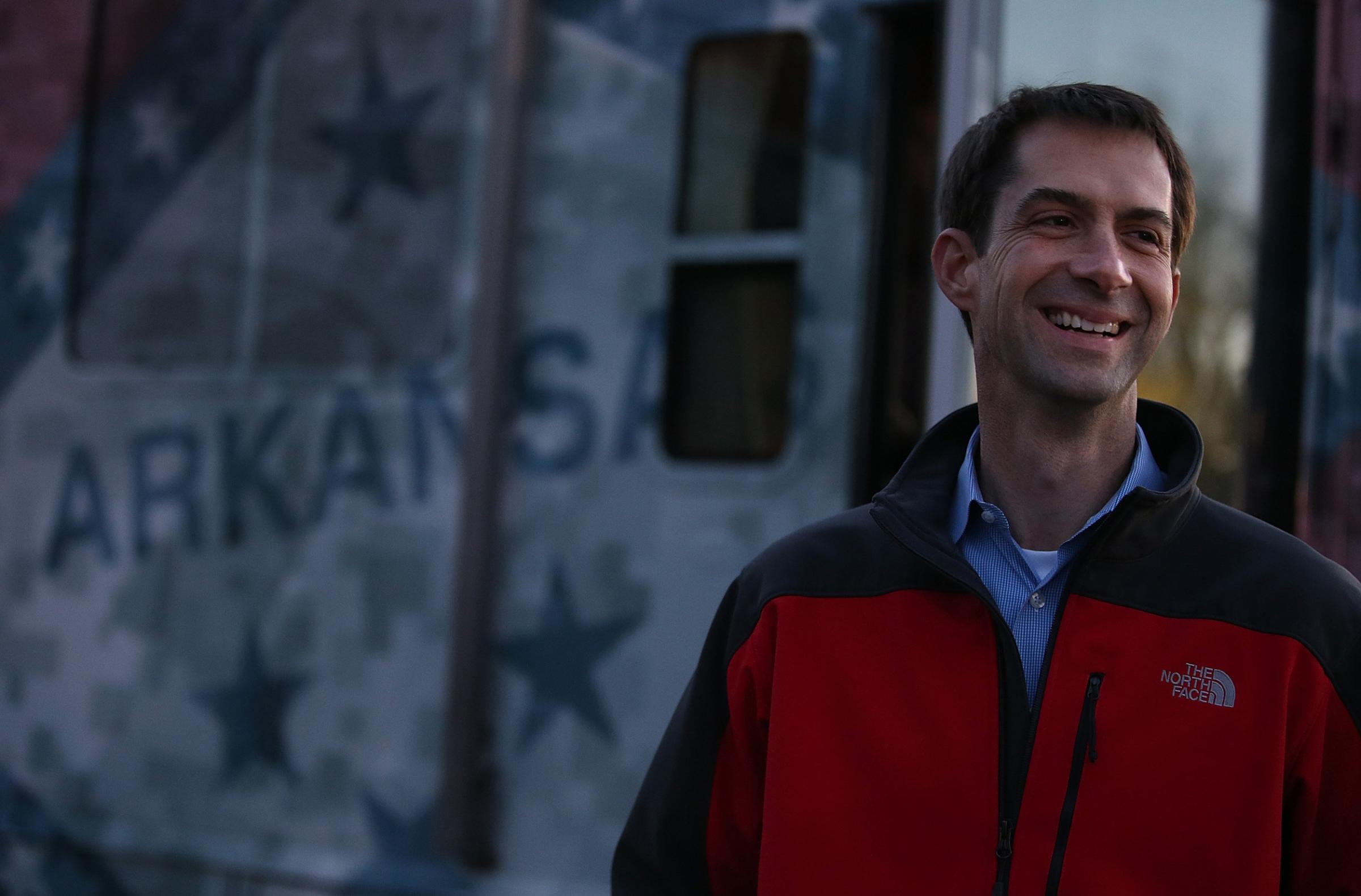
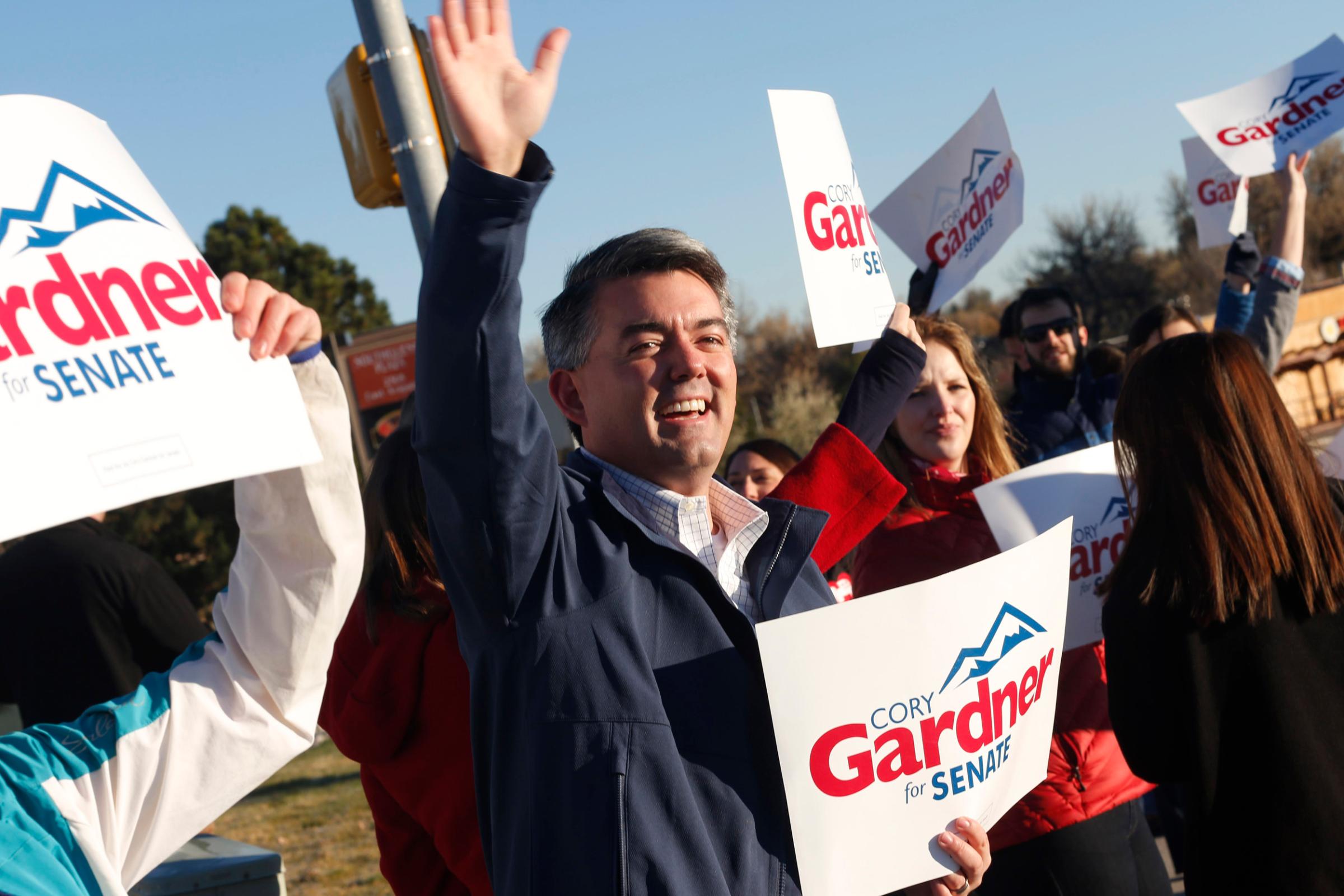

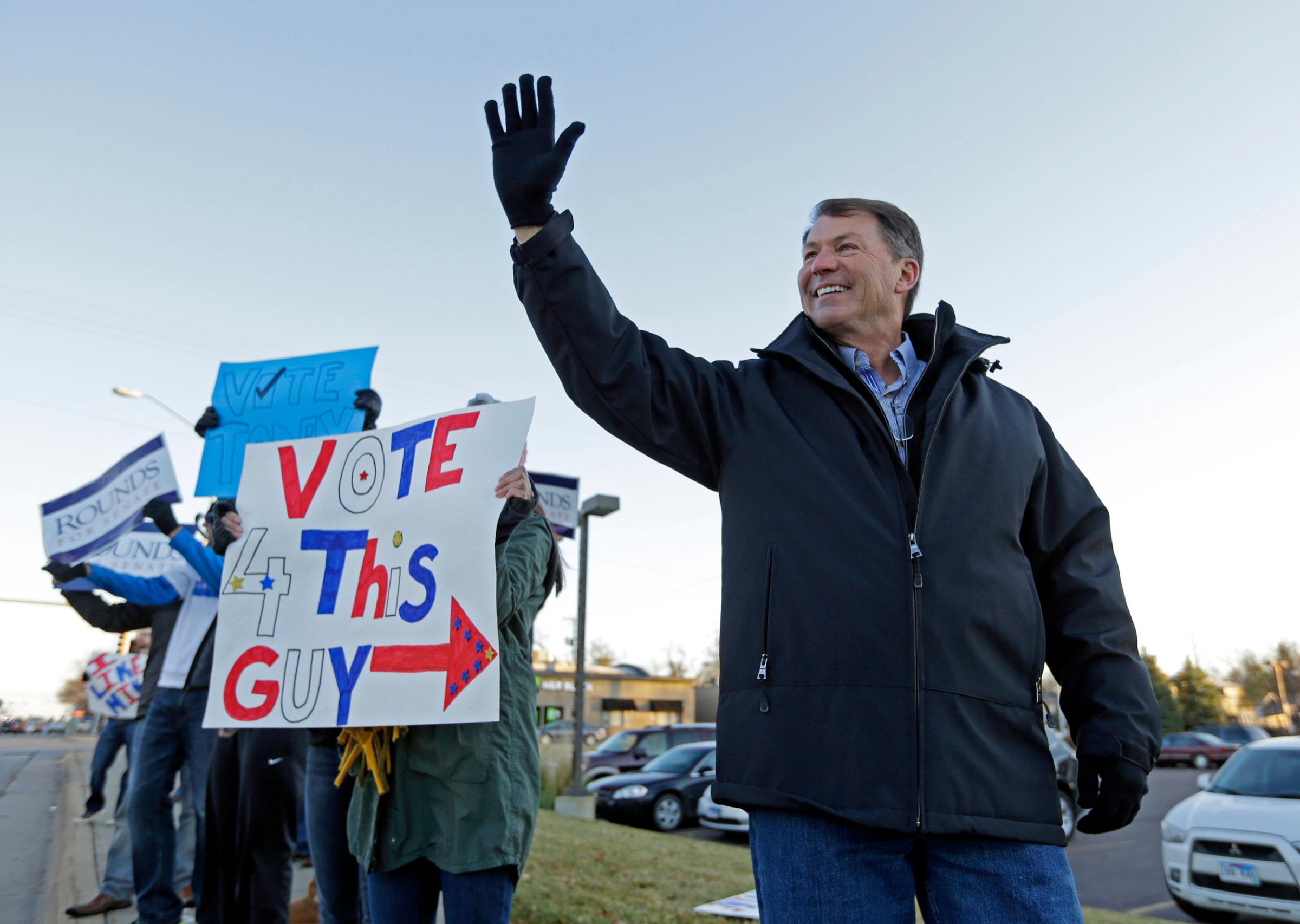
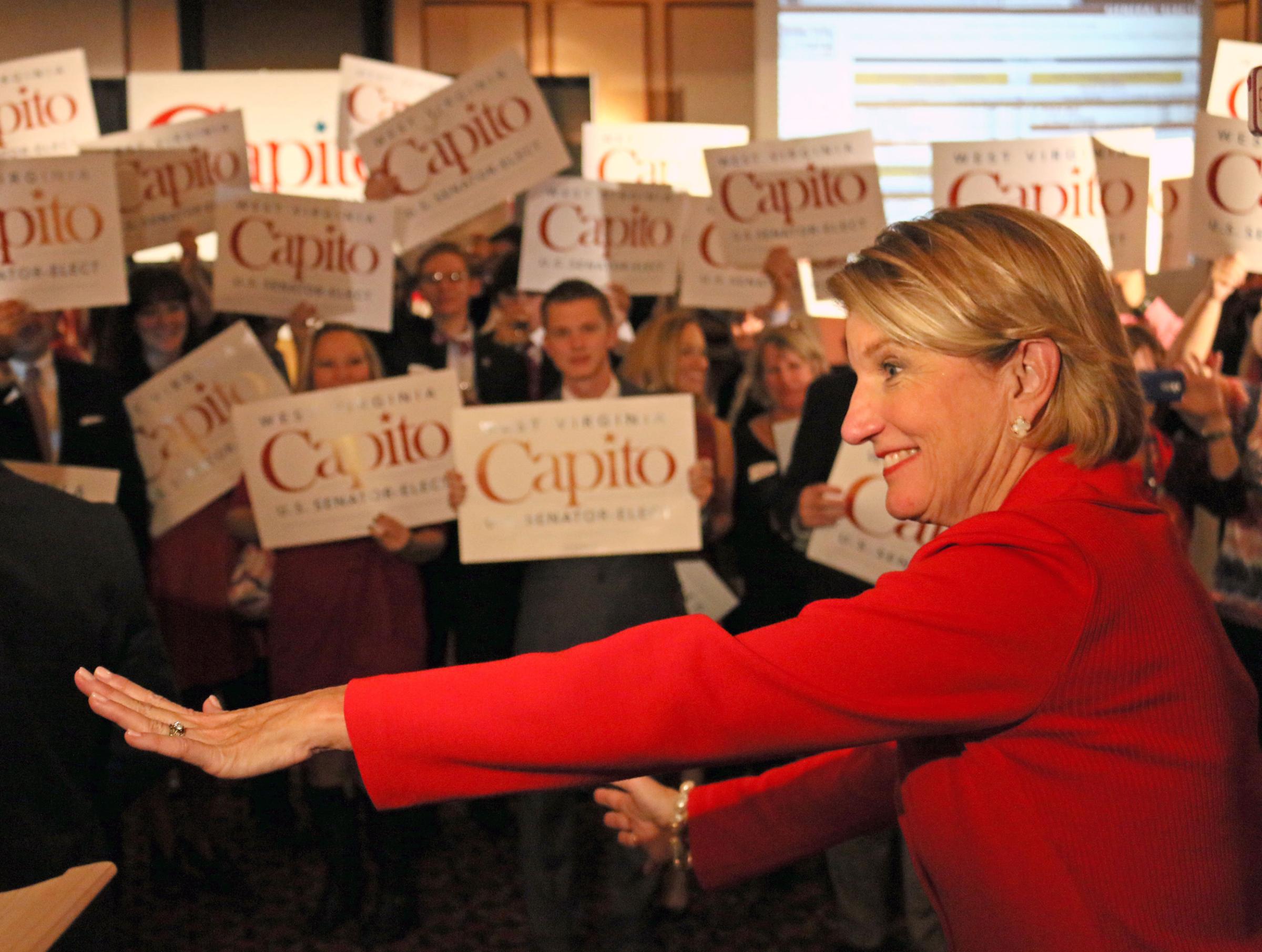

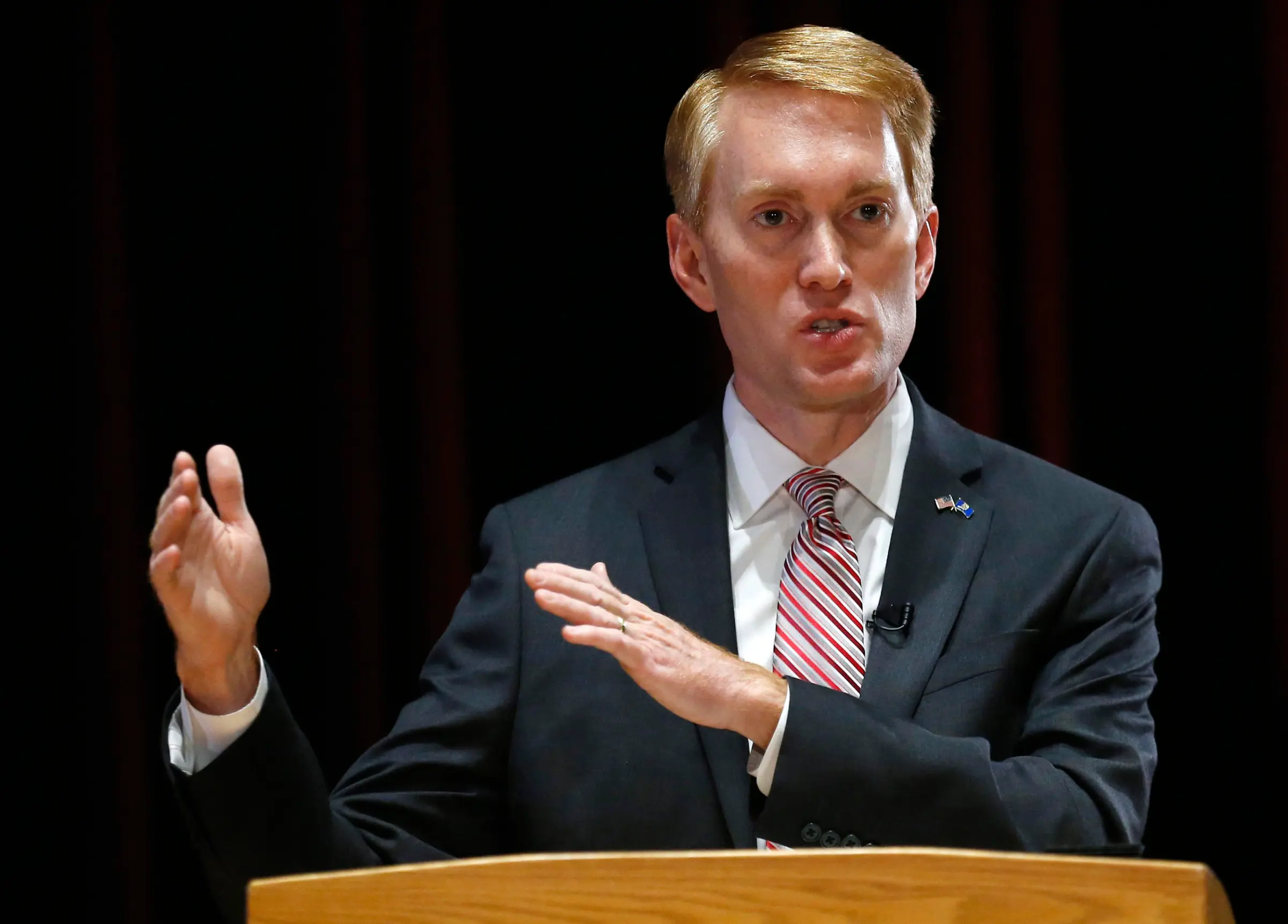

The bill provides the President with a few high-profile wins, including $5.4 billion in funding for Ebola research and treatment and $500 million to train and equip foreign forces to fight Islamic terrorists in Syria and Iraq. Yet some key government agencies reflect Republican sway, including a $345.6 million cut to the Internal Revenue Service, and domestic expenditures overall have fallen flat: Politico’s David Rogers (no relation) reports that President Obama will leave office with fewer “real dollars” for such purposes than President George W. Bush.
The wide-ranging bill also, surprisingly, tripled the allowable amount individuals could give to national political parties to support presidential nominating conventions, building expenses and election recounts, infuriating opponents to big money in politics.
“This backroom deal represents everything Americans detest about Washington and about Congress,” wrote Meredith McGehee, the policy director for the Campaign Legal Center in a statement. “Both parties are complicit [in] this dirty deal that was made based on incumbents’ fears of money from outside groups.”
The bill is expected to pass despite the time crunch; Congress will even pass a short-term bill to fund the government for a few extra days if necessary. While some conservatives noted their disgust that the bill does not “defund” the President’s executive action—”To me the old adage ‘he who fights and runs away lives to fight another day’ is a coward,” said Republican Rep. Matt Salmon on Tuesday—enough House Democrats should support the bill to push it forward. House Democratic Leader Nancy Pelosi, who has previously indicated that she would not support funding DHS on a short-term basis, said she was “hopeful” House Democrats could support the bill once they review the “final language.”
Considering the bill’s length and imminent vote, it would be a surprise to few if many members couldn’t complete that task.
More Must-Reads from TIME
- How Donald Trump Won
- The Best Inventions of 2024
- Why Sleep Is the Key to Living Longer
- How to Break 8 Toxic Communication Habits
- Nicola Coughlan Bet on Herself—And Won
- What It’s Like to Have Long COVID As a Kid
- 22 Essential Works of Indigenous Cinema
- Meet TIME's Newest Class of Next Generation Leaders
Contact us at letters@time.com